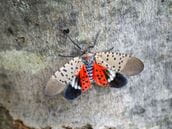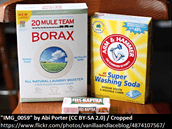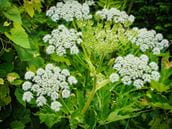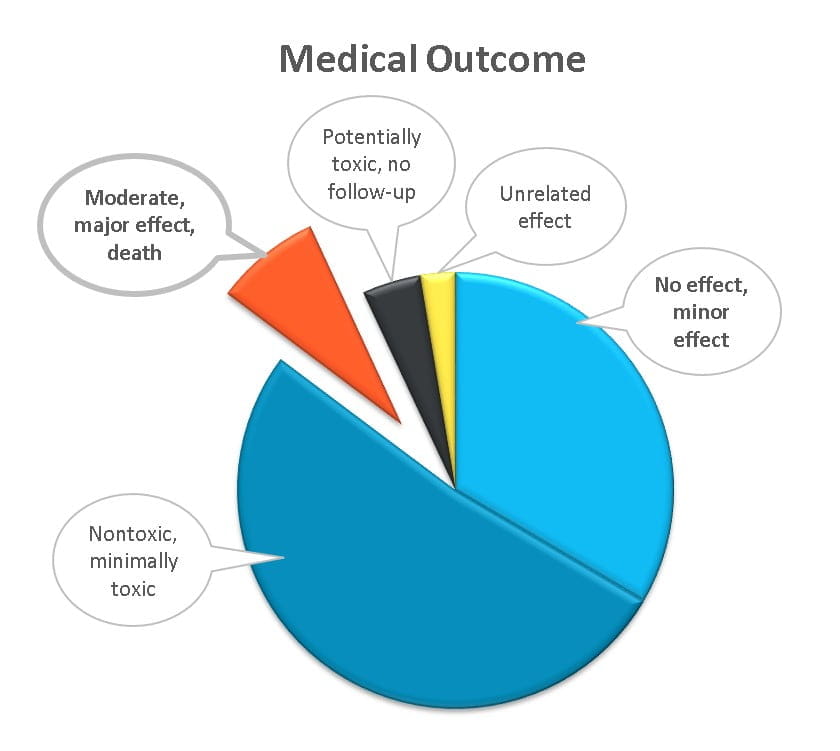
Why Do Onions Make You Cry?
Onions are pungent, contain plentiful nutrients, and have many potential health benefits. When cut or damaged, onions can cause eye irritation and tear production due to the formation of a sulfur-containing chemical (called “lachrymatory factor”).













